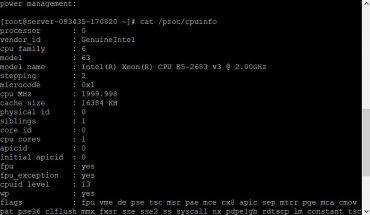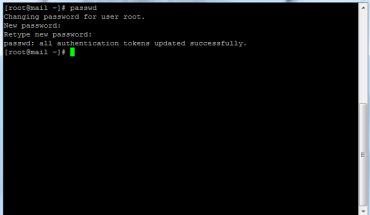Choosing & Why
If you are self-employed on the Internet, you’re going to also need a website, a blog, a shop or some kind of internet presence. The fact is that the selection is not always easy in the beginning and it can be difficult for the “hosting layman” to determine what is best for him or her. Therefore I would like in today’s article to discuss the basics of the hosting choices possible and the various common hosting variants, along with their advantages and disadvantages.

Hosting Basics
Today it is about the very general principles and methods of website hosting. The surprising first finding of many of many new web designers (new customers) is that the website is not on its own computer and is accessed from the Internet. Instead there are for specific providers. Some of them build masses of computers in special rooms and “store” for cash their websites of companies and individuals to deliver and around the clock on the Internet. Of course it can also be their own computer, configured for serving (a server, explained below) and be maintained in their own cellar or office. For the self-employed, however, this is usually not the optimal variant. It is quite expensive, complex and you have to have the necessary know how. Larger companies, on the other hand, often have their own server rooms dedicated to themselves. If you use an external hosting provider, then you pay a monthly rental fee and essentially are paying for a managed solution, offered by another provider outside of your home. This protects you, the small business owner, from having to worry about disasters like flooding, fired, or theft, because your online presence is stored very much like your money in a bank with a managed solution.

Hosting variants
Basically there are the following hosting variants. The individual hosters call them different things, but these are the most common hosting models:
Free hosting
Actually, this is not included in this list. The time of the free hoster is at least in the professional area over. Free hosting offers often have h3 disadvantages in the performance and the additional functions include compulsory advertising or domain naming-scheme limitations.
However, in the case of an individual blogger, using one or two free services can be sufficient for the first, perhaps personal blog.
Conclusion: I would recommend free hosting but no entrepreneur or self-employed, since one for only a few dollars a month already a good business hosting gets.

Shared Hosting
This is the most versatile hosting variant for self-employed and small businesses. In the case of shared (ie shared) hosting, various websites of different customers are stored on a server in the provider’s data center. The individual shared hosting areas are, of course, divided from one another so that you basically have no access to other shared hosting users on the same server. However, all shared hosting customers share, of course, the resources of the server, such as the memory, the processor power and the bandwidth, i.e the speed/data volume, in which data is delivered to the Internet.

In addition, the same technical settings apply to all customers and you can hardly individualize much. The result is that you get yourself a not so good performance for your website, since you get only a small portion of the working memory and bandwidth. It is also not uncommon for hundreds of customers to be hosted on a server in this way. This is server stuffing and common-place for web hosting companies. This can lead to the fact that a “black sheep”, ie a customer who consumes a lot of computing power, memory and bandwidth, will inflict suffering against all the customers who are accommodated on this server. The consequences are a slow page build-up or even down-times / website black-outs. The cost is usually only a few dollars per month.




